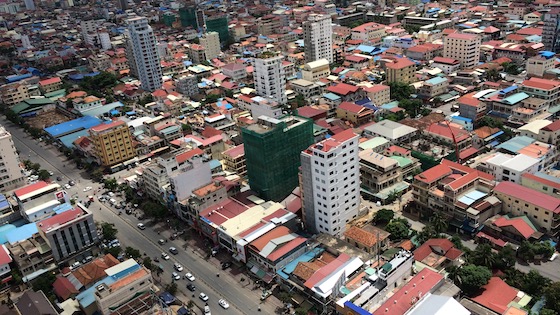
Introducing the Metropolitan Southeast Asia research cluster
Oftentimes the Asia region is overrepresented and overshadowed by the region's two largest polities, India and China, given their size and influence. But Southeast Asia – a region made up of eleven nation states with a total population of approximately 650 million inhabitants – is vibrant and complex due to its racial makeup, and ecological and urban diversity.
Metropolitan Southeast Asia is a vital site to engage with contemporary social, political and economic issues that include: urban and ecological transformation, authoritarianism, transnational migration, and questions of citizenship. The region hosts a range of state forms (late socialist Laos and Vietnam, junta-controlled Thailand, nominally democratic Cambodia and Philippines, and authoritarian Singapore). Nonetheless, the region is defined by shared global practices and framings centered on natural resource development, transnational investment, capitalist experimentation, and historical encounters with North American and European empire that have created a paradoxical set of features defined by both underdevelopment and a resilient cosmopolitanism. Southeast Asia prefigures many of the social-political and economic dynamics of the North Atlantic on these issues that are important to theoretical and practical knowledge production. These dynamics both challenge and exceed the terms of the debates often associated with both the North Atlantic canon and established narratives of East Asian developmentalism (defined by state directed economic growth and policy making). The cluster aims to provide a fresh and needed lens on metropolitan Southeast Asia through scholarly experimentation and collaboration.To join this cluster, please contact Sylvia Nam.
